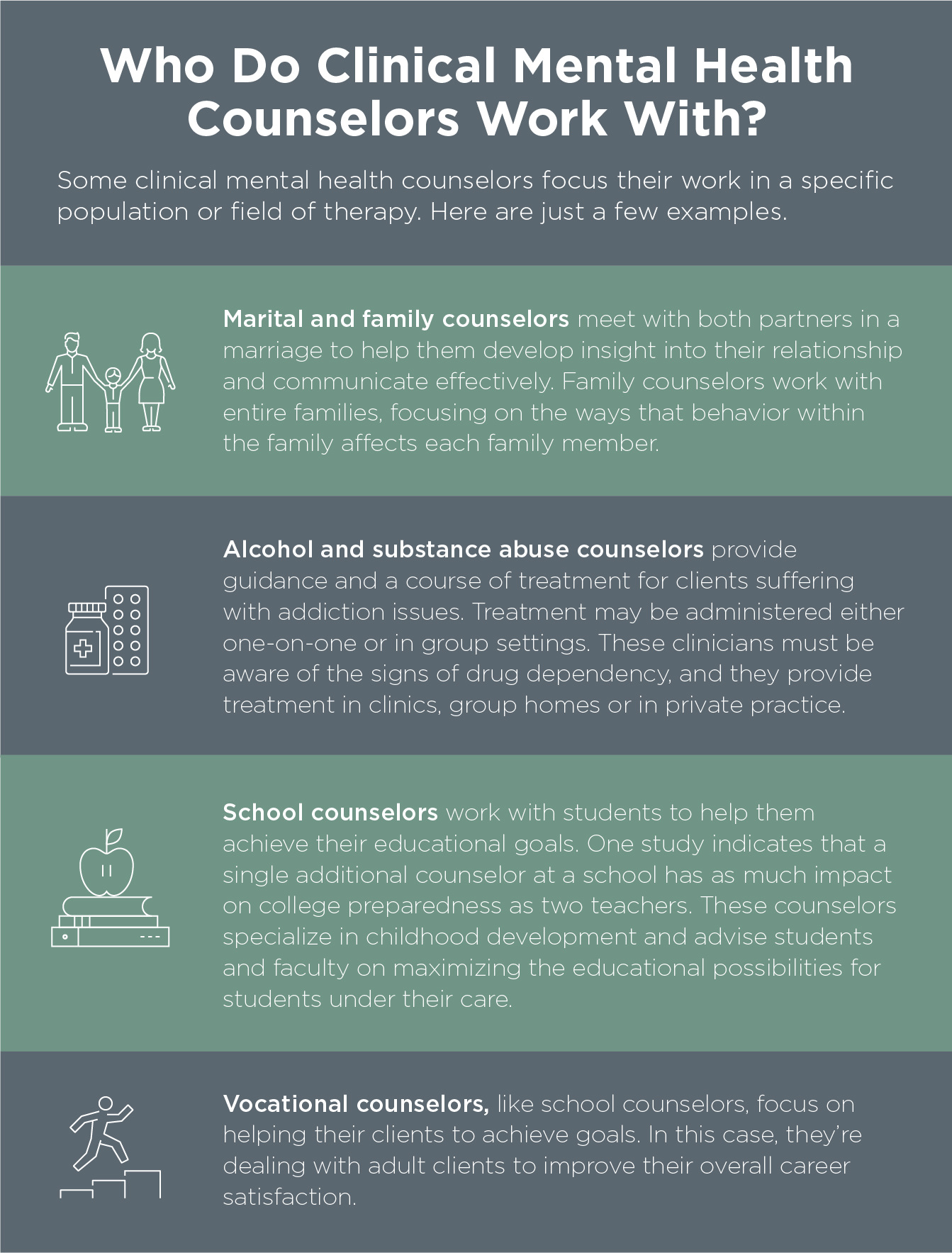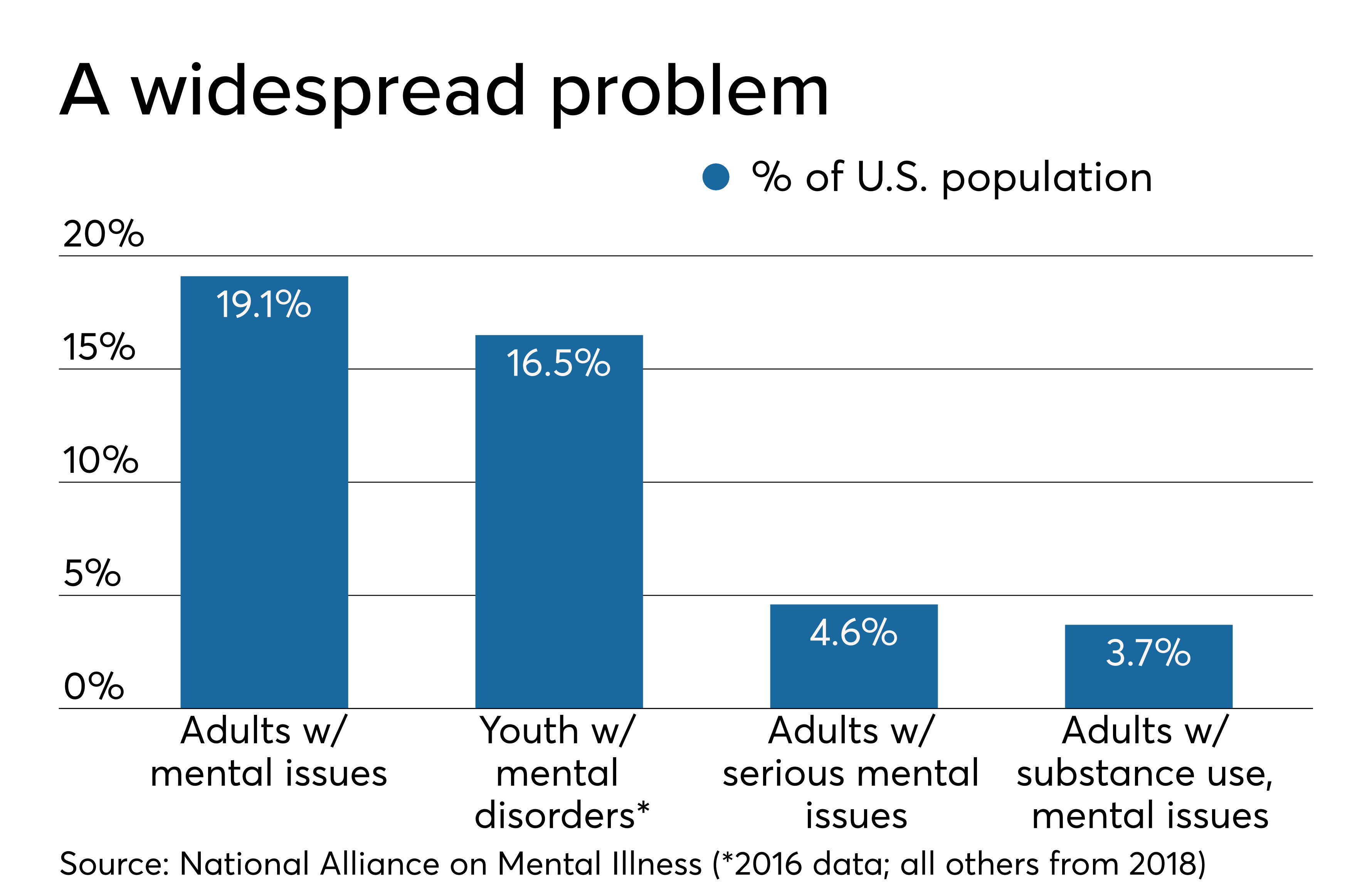They might likewise threaten blackmail. This behavior is typically an attempt to prevent you from leaving. They likewise may make declarations that indicate that their affection counts on you fulfilling their requirements. Psychological abuse in some cases starts as a partner merely not treating you very well. They might tease you, put you down, and embarrass you in front of pals and household.
Some people in mentally violent relationships find it humiliating to be in this scenario. This causes them to even more withdraw from pals and household. Not wanting individuals to see how your partner treats you is a warning sign of a mentally violent relationship. Individuals who abuse others emotionally typically use the "silent treatment" or emotional distancing as penalty.
In some cases, a partner may still speak with you but might act emotionally remote, treating you more like an associate than a romantic partner. In extreme cases, they might leave you stranded somewhere or keep things you require after a fight. On average, it takes seven attempts prior to effectively leaving an abusive relationship.
Emotionally violent relationships are isolating. Connecting to someone, whether it is a good friend, member of the family, clergy member, or confidential hotline, is often a valuable initial step. Reach out to individuals who you know will always have your back. This will begin to construct you a supportive network and can offer you more time away from the abusive partner.
Psychological abuse can escalate to physical abuse. So create a safety strategy that consists of conserving money and preparation where you will go and how you will arrive if things do become physically hazardous. Develop time for self-care. It can be as easy as going for a walk by yourself, putting on a face mask, or calling a family member or good friend without your partner listening.
What Does Mental Breakdown Mean Can Be Fun For Anyone

A relationship expense of rights assists you to prioritize your needs and rights in a relationship. Examples of relationship rights consist of: The right to feel safeThe right to prioritize yourselfThe right to state noThe right to make mistakesThe right to express your feelingsIt is normal to feel terrified when thinking of leaving an emotionally violent relationship.
There are resources to help. Crisis Text Line: United States and Canada text Home to 741741UK text Home to 85258Ireland text House to 50808National Domestic Violence Hotline: 1-800-779-SAFE (7233 )Safe Horizon Hotline: 1-800-621-HOPE (4673 )If you are in instant risk, call 911 or your country's local emergency number.
Emotional abuse, Rehabilitation Center which is often called psychological abuse, is a pattern of behavior that damages a kid's sense of self worth and negatively impacts their psychological advancement. In addition to withholding https://collintmbf.bloggersdelight.dk/2021/04/06/more-about-what-is-mental-disorders/ love and assistance, the person emotionally abusing the child likewise may decline, slam, threaten, demean, and berate the child.
Psychological abuse can take place in combination with physical abuse, sexual abuse, or disregard and is one the hardest types of abuse to acknowledge. Frequently it is subtle and perilous slowly breaking away at the child's self-confidence. Like other forms of abuse, psychological kid abuse is about power and control. The wrongdoer manipulates and manages the kid by utilizing words and actions that are emotionally upsetting and destructive.
In 2017, 2. 3% of children in the United States experienced mental or emotional maltreatment according to a report Find out more prepared by the Administration on Children, Youth, and Households. This estimate is likely low because psychological abuse can be harder to spot than other types of kid abuse and normally occurs in the boundaries of a kid's home.

A Biased View of How Do I Know If I Have A Mental Illness
In some cases, a kid's habits is the only thing that shows that there are issues in your home. Unsuitable habits, such as acting extremely immature or a bit too fully grown for their age, can be a sign of abuse, as can dramatic behavioral modifications. For example, a kid who used to be somewhat aloof and did not look for attention might suddenly become clingy to non-abusive grownups or compulsively look for affection from them.
Kids often remain faithful to the parent or caretaker who is abusing them due to the fact that they are afraid of what will happen if they reveal the abuse - how to get someone mental help when they refuse. A mentally abused kid also may believe that being called names or denied love is a regular lifestyle. They may not tell anybody about the abuse because they believe their experiences represent "normal" household habits.
Belittling the child in public, honestly confessing to doing not like or disliking the child, using extreme punishments, having impractical expectations, and being emotionally far-off or indifferent are mentally abusive habits. On the other hand, some people who abuse kids have a history of violence and aggression or have substance use conditions. If you believe a child is being mentally mistreated, don't automatically presume that the abuse is being committed by the kid's moms and dads - how to commit someone to a mental institution in california.
For instance, a coach, a daycare worker, instructor, pastor, or even an older brother or sister might be abusing the child. Psychological child abuse can take numerous types. At one end of the spectrum are insults or belittling words or actions, while the other end can be overall indifference that triggers psychological deprivation.
When a moms and dad or caretaker does not reveal a kid love or make them feel desired, protected, and worthwhile, these actions result in emotional deprivation. Individuals who are abusive likewise may withhold physical affection or loving touchboth of which are important to a kid's emotional development. Any adult in a child's life can be emotionally violent and the abuse can take many forms.
Fascination About How To Commit Your Child To A Mental Hospital
A sitter continuously yells at the kids and makes threats. A child is exposed to domestic violence at house. A grandparent declines to communicate with the children when they go to and rather views tv. what is the most common mental disorder. A parent with alcohol usage condition gets upset when they consume, frequently shouting and shouting all night.
A teacher makes enjoyable of a kid in front of the class when they have a hard time to check out aloud. After a divorce, a moms and dad asks their child to lie to a judge about the other moms and dad to make sure that they will gain full custody. When it comes to violent behaviors, there are a number of different risk aspects that increase the probability that a person might participate in emotional abuse of a child.
Participating in emotional abuse of a child is an option that the criminal makes. While these danger factors may increase the likelihood that abuse may happen, the person being emotionally abusive still has an option and can learn to make better, less harmful options. The consequences of kid abuse in any type can be extreme and can persist into adulthood.